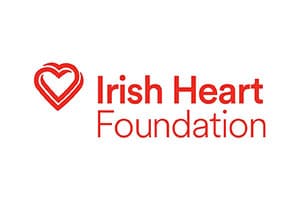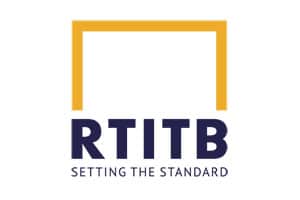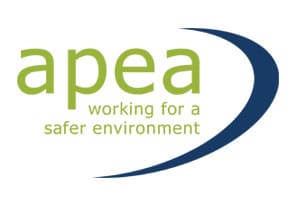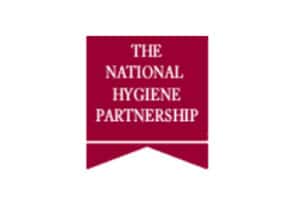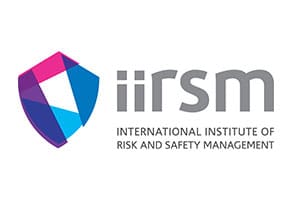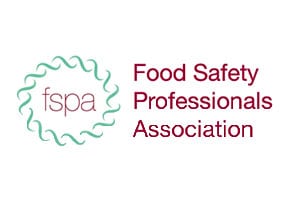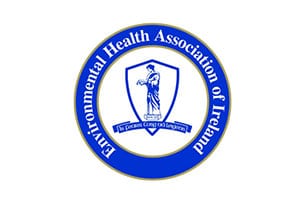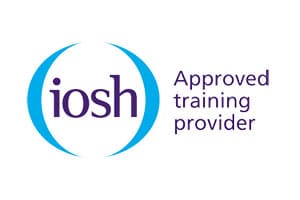As Ireland faces freezing temperatures this January, it is crucial to stay informed and prepared to protect yourself and others. Below are essential safety tips to ensure your well-being during this cold spell:
1. Dress Warmly
- Layer Up: Wear multiple layers of clothing to trap body heat. Start with moisture-wicking base layers, followed by insulating layers like fleece, and top it off with a waterproof, windproof outer layer.
- Focus on Extremities: Keep your hands, feet, and head warm. Wear hats, gloves, and thermal socks to prevent frostbite and hypothermia.
2. Avoid Prolonged Exposure to Cold
- Limit your time outdoors, especially during the coldest part of the day.
- Take breaks indoors to warm up if you must go outside.
3. Stay Informed
- Monitor local weather reports for temperature changes, snowstorms, and road conditions. Irish weather can shift rapidly, and it’s essential to know what to expect.
- Stay alert for Met Éireann weather warnings, which can issue alerts for extreme cold, snow, or ice.
4. Road Safety
- Drive Carefully: Ensure your vehicle is winter-ready, including a full tank of fuel, antifreeze levels, and proper tire pressure.
- Clear Ice and Snow: Before you drive, remove ice and snow from your vehicle’s windows, mirrors, and lights to ensure visibility.
- Slow Down: Roads can be slippery during freezing temperatures, so reduce speed and keep a safe distance from other vehicles.
5. Prevent Carbon Monoxide Poisoning
- Check Heaters: If you’re using a gas heater, make sure it is well-ventilated to avoid dangerous carbon monoxide buildup.
- Install Detectors: Install both smoke and carbon monoxide detectors in your home to protect against hazardous conditions.
6. Protect Your Home
- Insulate Pipes: To avoid burst pipes, insulate any exposed pipes and allow faucets to drip slowly in extreme cold.
- Check Heating: Ensure your heating system is working efficiently. If using space heaters, follow the manufacturer’s guidelines and never leave them unattended.
7. Look After Vulnerable Individuals
- Check on the Elderly: The elderly and those with underlying health conditions are at higher risk during freezing weather. Ensure they have adequate warmth and food.
- Pets: Ensure pets are kept warm, and limit outdoor exposure to prevent frostbite.
8. Signs of Hypothermia and Frostbite
- Hypothermia: Symptoms include shivering, slurred speech, confusion, and exhaustion. If you suspect hypothermia, seek medical attention immediately.
- Frostbite: Look for white, waxy skin, especially on extremities. If frostbite occurs, slowly warm the affected area and seek medical help.
9. Be Prepared for Power Outages
- Emergency Kit: Have an emergency kit with essentials like bottled water, non-perishable food, blankets, and a flashlight.
- Charge Devices: Keep mobile devices fully charged and have power banks available.
10. Winter Wellness
- Hydrate and Eat Well: Cold weather can dehydrate you, so drink plenty of water and eat high-energy meals.
- Stay Active: Light exercise helps with circulation and warmth, but avoid overexertion.
Stay safe and warm this winter. By following these tips, we can reduce the risk of cold-related injuries and ensure that everyone in Ireland is prepared for the freezing temperatures ahead.
Please check back frequently for updates, and don’t hesitate to contact local authorities or health services in case of emergencies.
